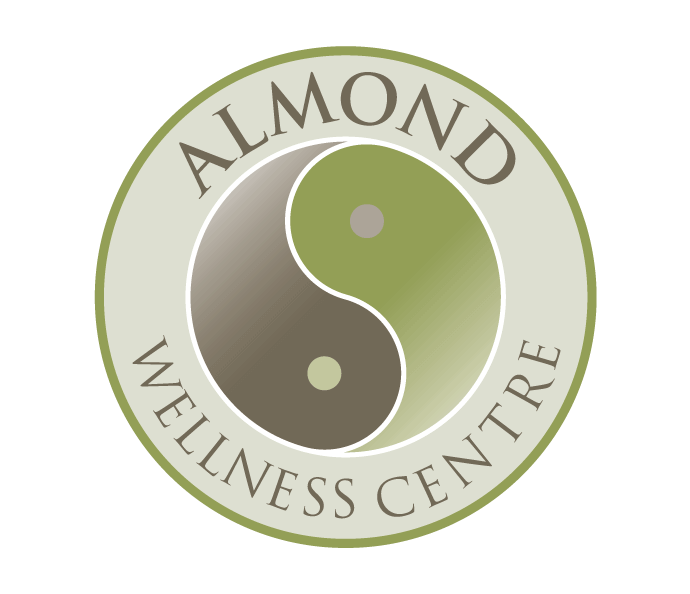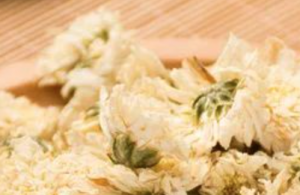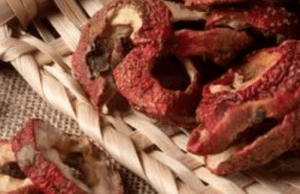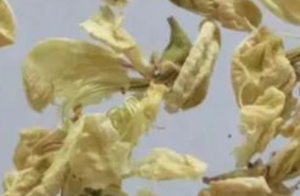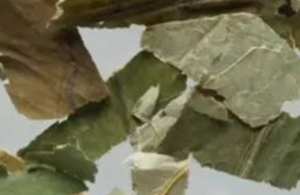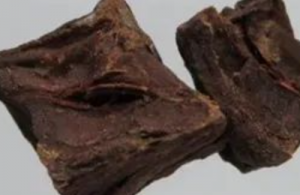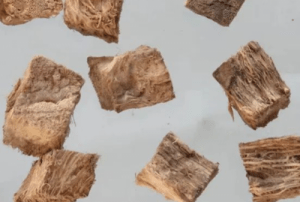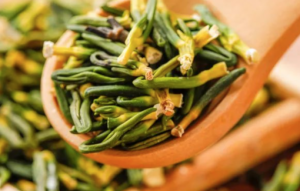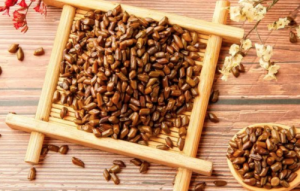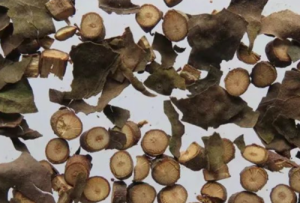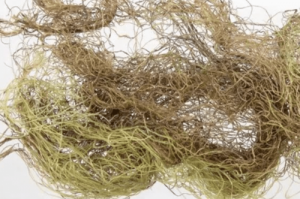Hypertension, or high blood pressure, is one of the most common chronic diseases. In addition to antihypertensive medications, adopting a regular and healthy lifestyle, along with traditional Chinese medicine treatment, may have beneficial effects on blood pressure control and symptom improvement. Here are ten Chinese herbal teas that may assist in lowering blood pressure:
Table of Centents
Chrysanthemum Tea:
Chrysanthemum tea can be prepared by combining chrysanthemum with honeysuckle and licorice, which have liver-cleansing, vision-clearing, heat-clearing, and detoxifying properties. It is recommended to use sweet chrysanthemum, preferably the large white chrysanthemum produced in Suzhou and Hangzhou China. Use approximately 3 grams per serving and consume a few times daily.
Hawthorn Tea:
Hawthorn contains components that aid digestion, dilate blood vessels, lower blood sugar, and reduce blood pressure. Hawthorn tea may have some auxiliary therapeutic effects for hypertension. Use 1-2 fresh hawthorn fruits or dried hawthorn slices to brew the tea, 2~3 times daily.
Pagoda Flower Tea:
Pagoda tree flower tea possesses properties such as blood vessel constriction, and may have therapeutic effect on hypertension. After drying the pagoda tree flowers, steep them in boiling water to make the tea. You can have a few times per day.
Lotus Leaf Tea:
The infusion and decoction of lotus leaves have the effects of blood vessel dilation, heat-clearing, and blood pressure reduction. Additionally, lotus leaf is beneficial for weight loss and fat reduction. Use half a fresh lotus leaf, wash it, cut it into small pieces, boil it with an appropriate amount of water, and consume as tea. Alternatively, you can use dry lotus leaves in hot water to make a tea.
Polygonum Multiflorum Tea:
Prepared Polygonum Multiflorum has the effect of reducing blood lipids and preventing blood clot formation. For individuals with elevated blood lipids, regular consumption of Polygonum Multiflorum tea shows some therapeutic effects. Take 5-10 grams of prepared Polygonum Multiflorum, boil it in water for 30 minutes, and drink it as tea.
Kudzu Root Tea:
Kudzu root improves cerebral blood circulation and provides relief for symptoms such as headache, dizziness, tinnitus, and lower back pain caused by hypertension. Wash and slice 30 grams of kudzu root, boil it in water, and consume it as tea.
Lotus Plumule Tea: 
Lotus plumule refers to the green sprout/embryo inside the lotus seed. In Traditional Chinese Medicine it has a bitter taste, a cooling nature, and possesses certain blood pressure-lowering effects. It also has the benefits of heat-clearing, calming the mind, and strengthening the heart. Use 12 grams of lotus seed heart, steep it in hot water, and consume it as tea.
Cassia Seed Tea:
Cassia seed has the effects of lowering blood pressure, reducing blood lipids, cleansing the liver and benefit vision. Use 15-20 grams of cassia seeds to make tea by steeping them in water. Consume a times daily.
Mulberry Mistletoe Tea:
Mulberry mistletoe is an important herb for nourishing the kidney in Chinese medicine. Brew mulberry mistletoe as a tea to provide significant auxiliary therapeutic effects for hypertension. Take 15 grams of dried mulberry mistletoe, boil it for 15 minutes, and consume it as tea. You can have the tea a few time per day.
Corn Silk Tea:
In Traditional Chinese Medicine Corn silk has been used for diarrhoea, diuresis and some stomach issues. It also has some blood pressure-lowering effects. Use 25-30 grams per serving to make tea. 2~3 times daily.
For patients with hypertension, Chinese herbal tea may provide complementary therapeutic benefits in conjunction with your conventional medical treatment. In general, it is easier to use a single herb for tea brewing. For specific treatment needs or conditions, we recommend see a fully qualified Chinese medicine practitioner for herbal combinations. Traditional Chinese Medicine (TCM) emphasis on individualised treatment based on syndrome differentiation. Your TCM practitioners aim to address the unique patterns of disharmony within your body and provide tailored herbal remedies for the specific imbalances.
